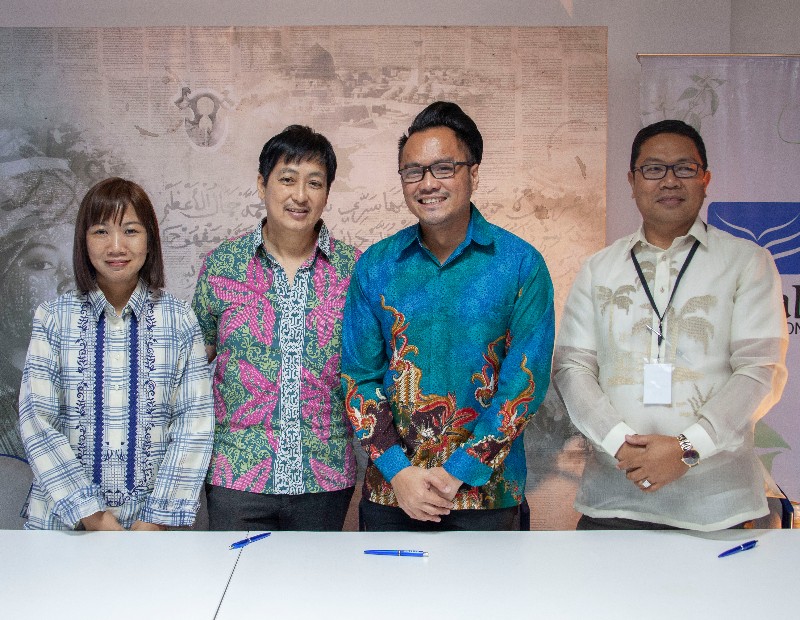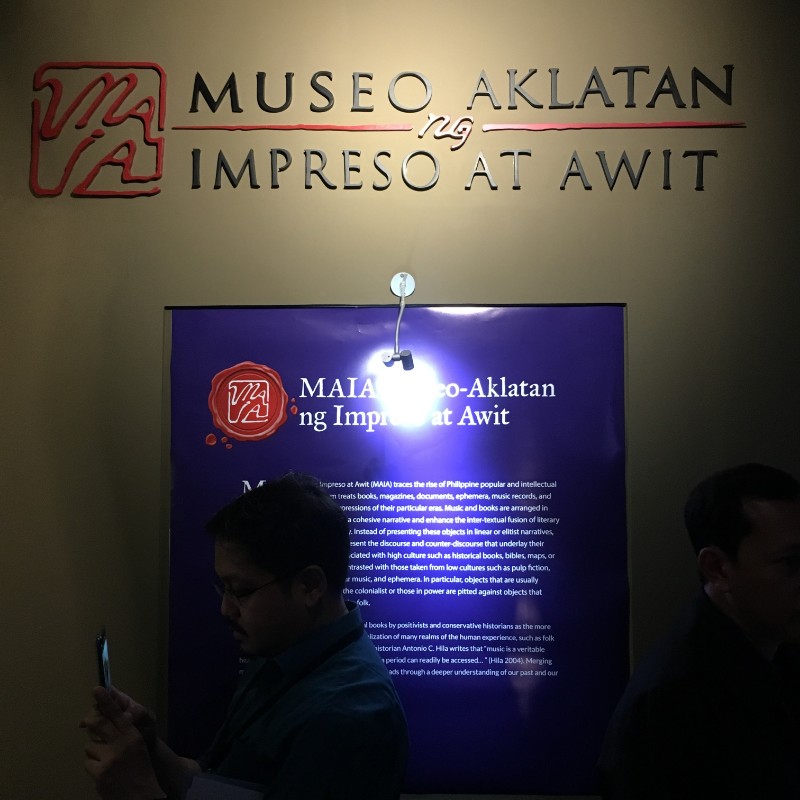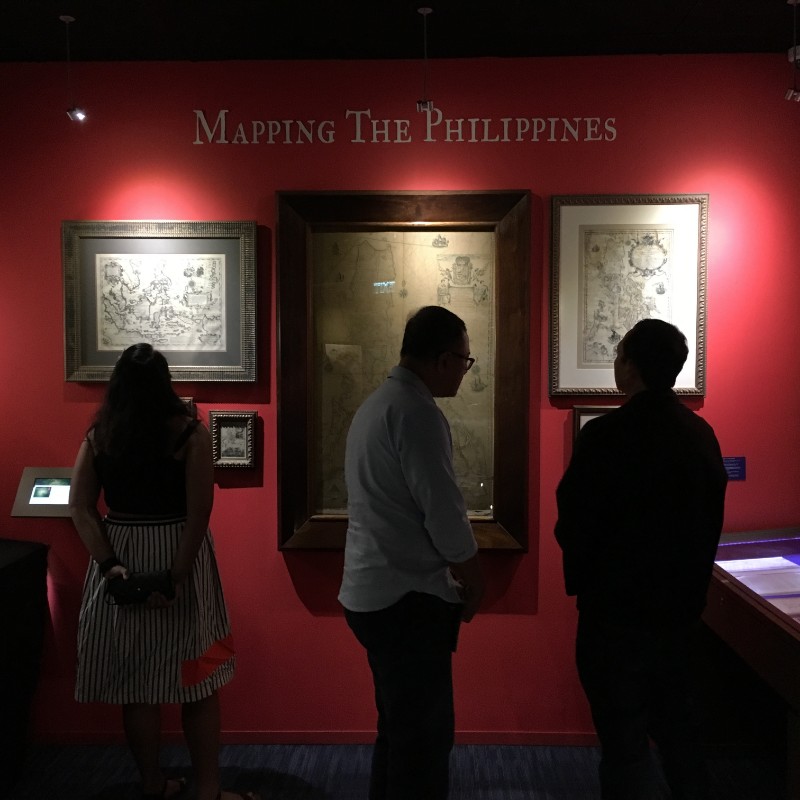RACONTEURPH
Stories worth sharing
Vibal joins digitization project aiming to preserve Muslim history
POSTED BY: Lionell Go Macahilig2019-08-14 12:32:00 PHT
Natural calamities like earthquakes and man-made disasters such as armed conflicts are not only taking a toll on the present lives of the people living in Mindanao, but also on its rich historical past. One example of these unfortunate events in recent memory is the Marawi crisis, a five-month long battle between the Philippine government and terrorist elements that took place in 2017.
"Most of the madrasas or Islamic schools in Marawi contain libraries that had manuscripts. When we were in the discovery phase last May, we learned that one scholar who translated the whole Quran into the Maranao language that all of his works and the books that he used dating from around the 19th century were all burned inside a madrasa," said Jason Cristobal, the project coordinator of the digitization project of 17th to early 20th century Maranao manuscripts of the Lake Lanao region.
"We were given the idea that most of the works of the Maranao scholars who had their libraries in that area were already destroyed. So what we did, we went outside the area of Marawi where we found a considerable amount of manuscripts. In terms of extent, the oldest would be around the 17th century and this is only for the Lanao area. But if you would go to the areas of Maguindanao and Sulu, manuscripts could go up to as early as the 15th century," Cristobal added.
The digitization project of the manuscripts written in jawi and kirim, two of ancient writing systems in the Philippines, kicked off in May last year as an agreement between the Bureau of Cultural Heritage of the Autonomous Region of Muslim Mindanao (BCH-ARMM) and the Grupo Kalinangan Inc. (GKI).
Completed in February this year, the project was able to output digital copies of more than 10,000 pages of 64 identified manuscript collections found in Marawi City and around the towns of Lanao del Sur. Manuscripts contain salsila (genealogies) of noble families, kitab (religious books), and treatises, including epics and short stories.
With GKI teaming up with Vibal Foundation to make the digitized manuscripts available to the public through the latter's Museo-Aklatan ng Impreso at Awit (MAIA), researchers, academicians, and scholars will have access to pertinent references not only on the life and heritage of the Maranao people, but also of the pre-colonial perspective of Philippine history.
"The true Philippine history has never been told if it is not based on written records,” said Gaspar Vibal, Executive Director of Vibal Foundation. “These manuscripts are written in jawi or Arabized language. Those dated back to 15th and 16th centuries show the intermarriages of noble families of western Muslim religion interlinked the sultans of Brunei, Ternate, and Johore, including those of Lakandula and Soliman who are descendants of the sultans of Brunei. This is the history of the Philippines that has been hidden because we didn't have taken time to study our written legacy. The Philippines doesn't know the full extent of history because it has been raised according to the western and Christian point-of-view.”
GKI President Joel Lucky Aldor also shared that the group is a proud partner and affiliate of the National Historical Commission of the Philippines (NHCP) which provided training on identifying the age of paper, doing first-aid conservation work, and other technical knowledge on handling the manuscripts, reassuring the communities that these valuable documents are handled with utmost care.


